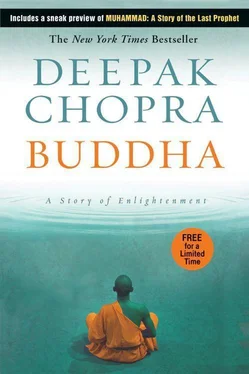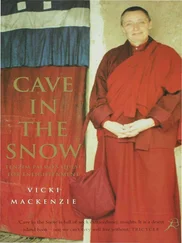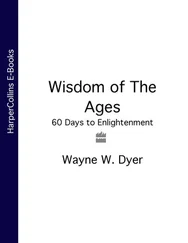Is that Nirvana?
No, it’s just a sign that you are successfully practicing mindfulness. The silent gap between thoughts goes by too fast for anyone to live there. You have to give the gap a chance to expand, and at the same time silence deepens. It may sound strange, but your mind can be silent the whole time it’s also thinking. Ordinarily, silence and thought are considered opposites, but when you go beyond opposites, they merge. You identify with the timeless source of thought rather than the thoughts emerging from it.
What advantage does this bring? Assuming I take the time and effort to achieve such a state.
One can speak of the advantages in glowing terms that sound very alluring. You gain peace; you no longer suffer. Death no longer holds any fear. You stand unshakably on your own Being. In reality the gains are highly individual and proceed at their own pace. Everyone is in a different state of unreality that’s highly personal. I may be obsessive, while the person next to me may be anxious and the person next to him depressed. In meditation these knots of discord and conflict begin to unravel of their own accord. Yet there’s always an evolutionary unfolding. In your own way you walk the path to peace, non-suffering, fearlessness, and everything else Buddha exemplified.
From the outside this third way of following Buddha looks mystical, but over time it becomes as natural as breathing. Buddhism survives today and thrives all around the world because it is so open-ended. You don’t have to obey a set of rules or worship God or the gods. You don’t even have to be spiritual. All you have to do is look into yourself and yearn to become clear, to wake up and be complete. Buddhism counts on the fact that everyone possesses at least a bit of these motivations. Mindfulness and meditation form the basis of Buddhist practice-although every sect and teacher has a particular slant on them. Za-zen, the style of Buddhist meditation practiced in Japan, isn’t the same as Vipasana meditation in South Asia. In the end, however, Buddhism is a do-it-yourself project, and that’s the secret of its appeal in the modern world. Don’t we all ultimately concentrate on personal suffering and what our individual fate will be? Buddha asked for nothing else as a starting point, and yet he promised that the end point would be eternity.
First and foremost I must thank a friend whose imagination sparked this project, film director Shekhar Kapur. We spent long, fascinating sessions together trying to imagine Buddha’s life. Without his contributions, the best parts of this book would never have appeared.
Thanks to Gideon Weil, my editor, who made invaluable suggestions every step of the way and intervened at just the right moments.
As always, my family and everyone at the Chopra Center provided their support and love. I am deeply grateful and hope that this book makes you proud.

DEEPAK CHOPRA, the founder of The Chopra Center for Wellbeing, is the preeminent teacher of Eastern philosophy to the Western World. He has been a bestselling author for decades, and his writings have sold millions of copies. Visit the author online at www.chopra.com.
***















